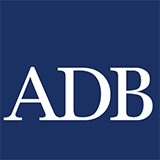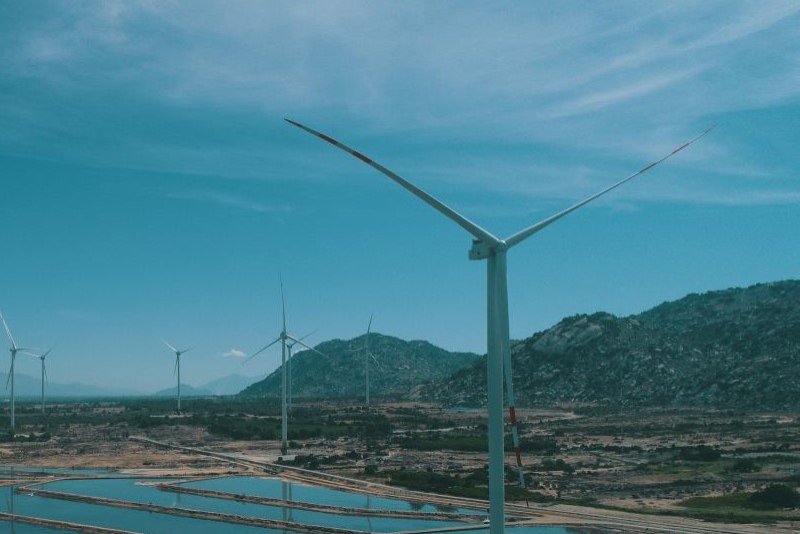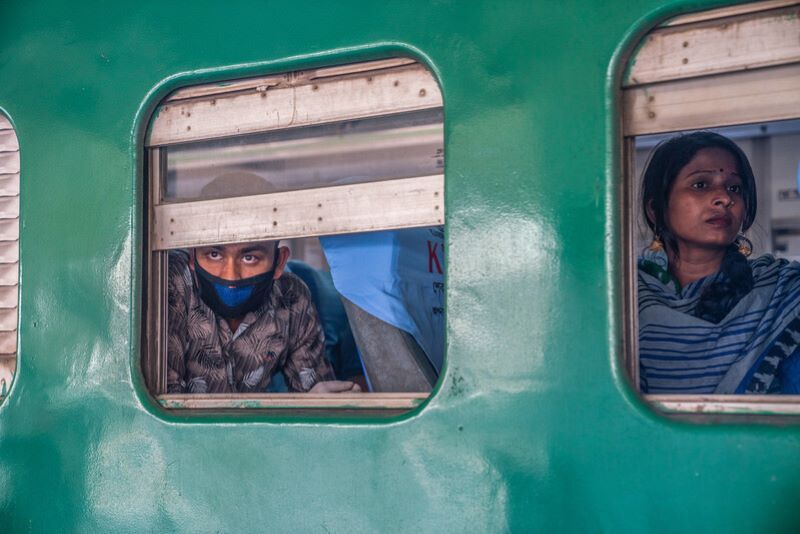For Japan, the Ministry of Foreign Affairs (MOFA) handles official development assistance through the Japan International Cooperation Agency (JICA), while the Ministry of Finance oversees its loan aid alone together with MOFA. JICA provides extensive development support to its neighbors in the Asia and Pacific region through loan aid, technical cooperation, and grant aid. Its operational focus areas are to (i) realize a free and open Indo-Pacific and demonstrate leadership in the international community, (ii) cultivate future leaders responsible for the development of their countries, (iii) strengthen initiatives for climate changes and environmental issues, and (iv) contribute to revitalizing Japan’s economy and society and promoting understanding for cultural diversity within Japan. In June 2023, Japan updated its development cooperation charter, last updated in 2015, to better align with the changes in the global development scenario.
In December 2015, ADB and JICA signed a memorandum of understanding (MOU) for Strategic Partnership for Sustainable and Inclusive Development through the Promotion of Quality Infrastructure Investment in Asia and the Pacific. Under this partnership, ADB and JICA established the Leading Asia’s Private Sector Infrastructure Fund. In May 2017, ADB and JICA also signed an MOU for Strategic Partnership for Sustainable, Resilient, and Inclusive Development through Strengthening Health Security and Promotion of Universal Health Coverage in Asia and the Pacific.
ADB also works with other ministries, such as the Ministry of the Environment, Japan (MOEJ) and the Ministry of Agriculture, Forestry and Fisheries (MAFF). In May 2020, ADB and MOEJ extended for the second time the letter of intent originally signed in June 2014, with the first extension signed in March 2017. It aims to strengthen, facilitate, and develop mutual cooperation in the field of environment, with a focus on environmental protection and improvement. In September 2022, ADB and MAFF signed a memorandum of cooperation, complemented by a high-level policy dialogue, to promote sustainable, resilient, and inclusive agri-food systems in the Asia and Pacific region.
Sovereign Cofinancing. Sovereign project-specific cofinancing with JICA in 2022 reached $699.3 million, supporting the COVID-19 response in the Philippines and Thailand, and recovery in Fiji.
The Japan Fund for Prosperous and Resilient Asia and the Pacific (JFPR, originally the Japan Fund for Poverty Reduction), the largest single-partner ADB trust fund supporting poverty reduction and related social development activities, aligns with and contributes to achieving ADB’s development priorities in the region. Since 2000, the Government of Japan has contributed annually to the JFPR, the primary vehicle for Japan’s project grant assistance through ADB. By 2010, JFPR’s scope was expanded to include technical assistance (TA) projects. JFPR’s enhancement and the new name Japan Fund for Prosperous and Resilient Asia and the Pacific took effect on 1 January 2022. With its expanded role, the JFPR will help the DMCs recover resiliently from the ongoing pandemic and enhance their preparedness for the next crisis. It will also help build a sustainable society and the foundation for a prosperous future while bolstering vulnerable groups.
Total cofinancing through JFPR as of 31 December 2022 amounted to almost $1.1 billion, comprising 216 grant projects (equivalent to $633.9 million) and 319 JFPR TA projects (equivalent to $426.4 million) that had been signed.
In addition, the Government of Japan provides scholarships under the ADB–Japan Scholarship Program (ADB-JSP), established in 1988, to give qualified promising students and aspiring scholars of ADB’s DMCs opportunities to pursue graduate studies in economics, business and management, science and technology, and other development-related fields at selected educational institutions in nine countries within the region. Between 1988 and 2022, the Government of Japan contributed $204.57 million to the ADB–JSP. Awarded were 4,260 scholarships, of which 1,685 were to women (comprising 39.6%) from 37 DMCs.
Nonsovereign Cofinancing. The Trade and Supply Chain Finance Program (TSCFP) supported over 3,010 transactions valued at $2.2 billion with banks domiciled in Japan from inception to December 2022. During the same period, the TSCFP supported over 2,600 Japanese exports and/or imports valued at $1.3 billion. In 2022 alone, the TSCFP supported 259 transactions valued at $133.7 million with banks domiciled in Japan and supported 311 Japanese exports and/or imports valued at $175.9 million. Exports and/or imports were mainly to/from Viet Nam, Pakistan, and Bangladesh. Underlying goods involved mostly raw and non-energy commodities, food and agriculture-related goods, as well as automotive and parts.
Special funds. Japan contributes to ADB special funds where contributions from financing partners are administered with the same level of care as ADB’s own resources. Since becoming a member in 1966, Japan has committed a total of $16 billion to special funds, of which $13.7 billion went to the Asian Development Fund (ADF). The ADF provides grants to ADB’s low-income developing member countries to promote poverty reduction and improvements in the quality of life.
Knowledge. ADB, the Japan Water Forum, and the Asian Disaster Preparedness Center co-organized a COP27 side event discussing actions to scale up investments in climate adaptation and resilience. The event initiated a dialogue to identify factors critical to ensure that investments in climate adaptation are effective in the longer term, and discuss how such factors can be pursued during the conceptualization, design, and implementation of adaptation investments.
Active Trust Funds
Trust funds with ongoing projects or no active projects but with remaining funds are considered active
- ADB–Japan Scholarship Program
- Afghanistan Infrastructure Trust Fund*
- Asia Pacific Project Preparation Facility
- Asian Clean Energy Fund
- Cooperation Fund for Regional Trade and Financial Security Initiative
- Domestic Resource Mobilization Trust Fund
- Energy Transition Mechanism Partnership Trust Fund
- High-Level Technology Fund
- Investment Climate Facilitation Fund
- Japan Fund for Information and Communication Technology
- Japan Fund for Prosperous and Resilient Asia and the Pacific (formerly Japan Fund for Poverty Reduction, JFPR)
- Japan Fund for the Joint Crediting Mechanism
- Japan Fund for Public Policy Training
- Leading Asia’s Private Sector Infrastructure Fund (nonsovereign)
*ADB placed on hold its regular assistance in Afghanistan effective 15 August 2021, including the projects funded under the Afghanistan Infrastructure Trust Fund.
News
The power plant will help Viet Nam reach its clean energy and climate action targets by offsetting about 215,000 tons of carbon dioxide annually.
ADB and the Government of Japan are helping Mongolia increase its efficient and renewable energy heating systems in hospitals and health care centers located in remote areas.
- ADB, NephroPlus Sign Loan for Dialysis Centers in Uzbekistan 19 Dec 2022
- $100 Million ADB Project to Improve Skills Training in Pakistan 13 Dec 2022
- ADB Approves $20 Million Financing to Improve Water Management and Resilience in Bhutan 13 Dec 2022
- ADB Approves Flood Assistance Package for Pakistan 12 Dec 2022
- ADB, BIWASE Sign Loan to Support Sustainable Waste Management In Binh Duong Viet Nam 9 Dec 2022
- ADB, Tiger Infrastructure Sign $40 Million Loan to Support Rural Connectivity in Southern Philippines 7 Dec 2022
- ADB, VPB Sign $500 Million Social Loan Package to Expand Access to Finance for Women-Owned SMEs in Viet Nam 11 Nov 2022
- ADB Approves $10 Million to Strengthen Booster and Pediatric COVID-19 Vaccination in Maldives 15 Sep 2022





